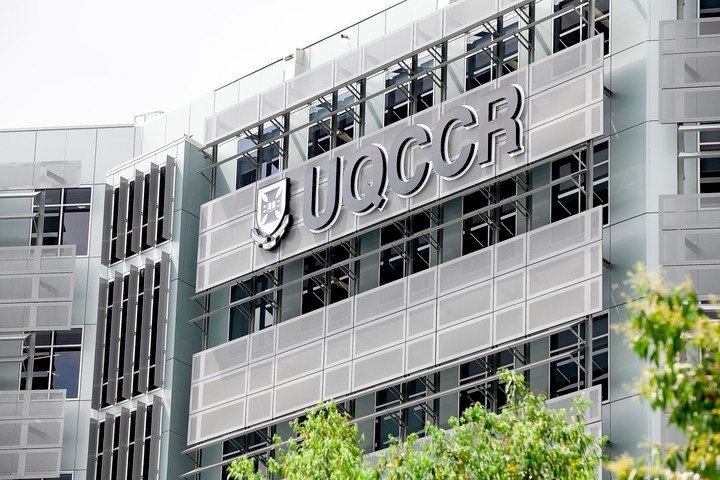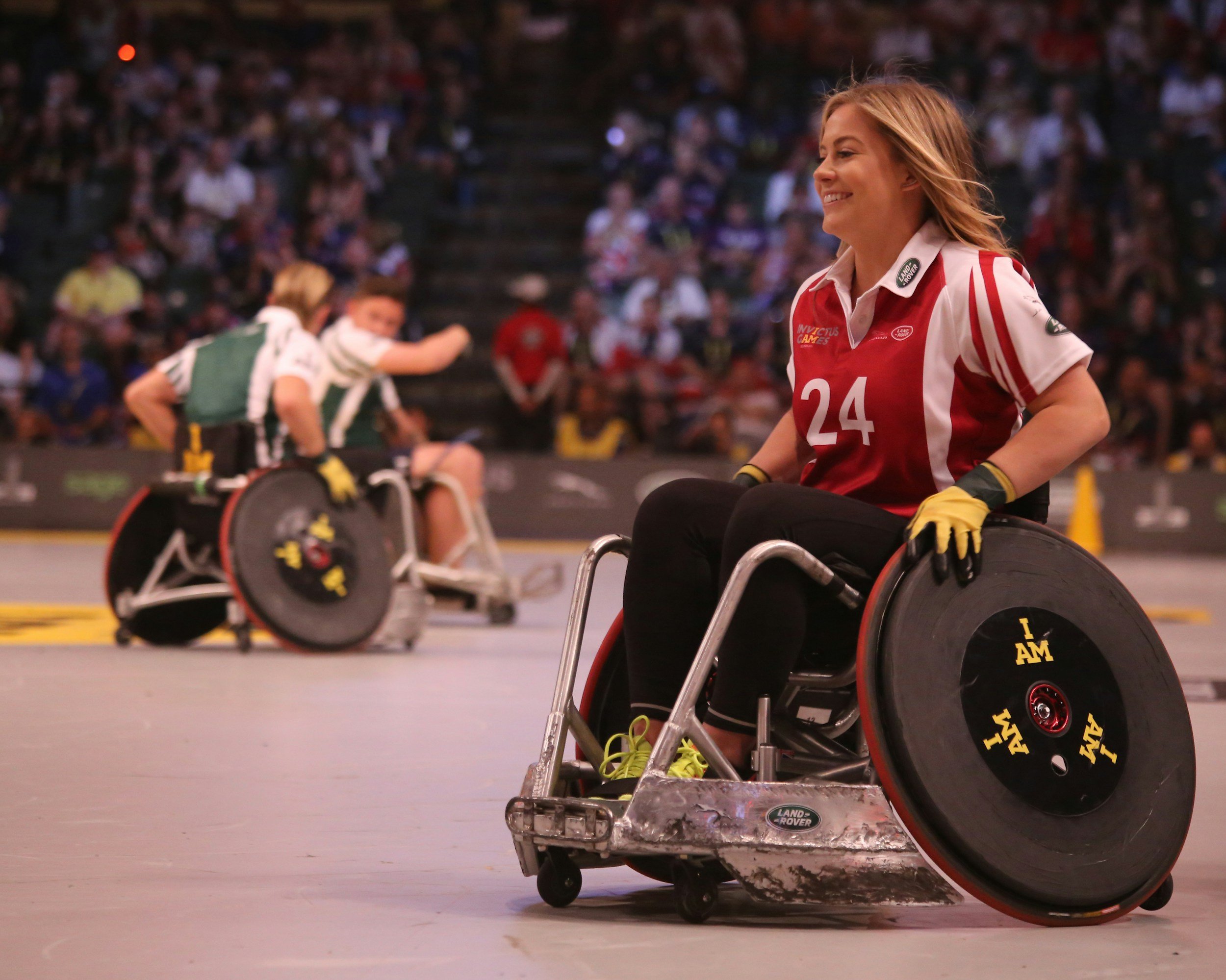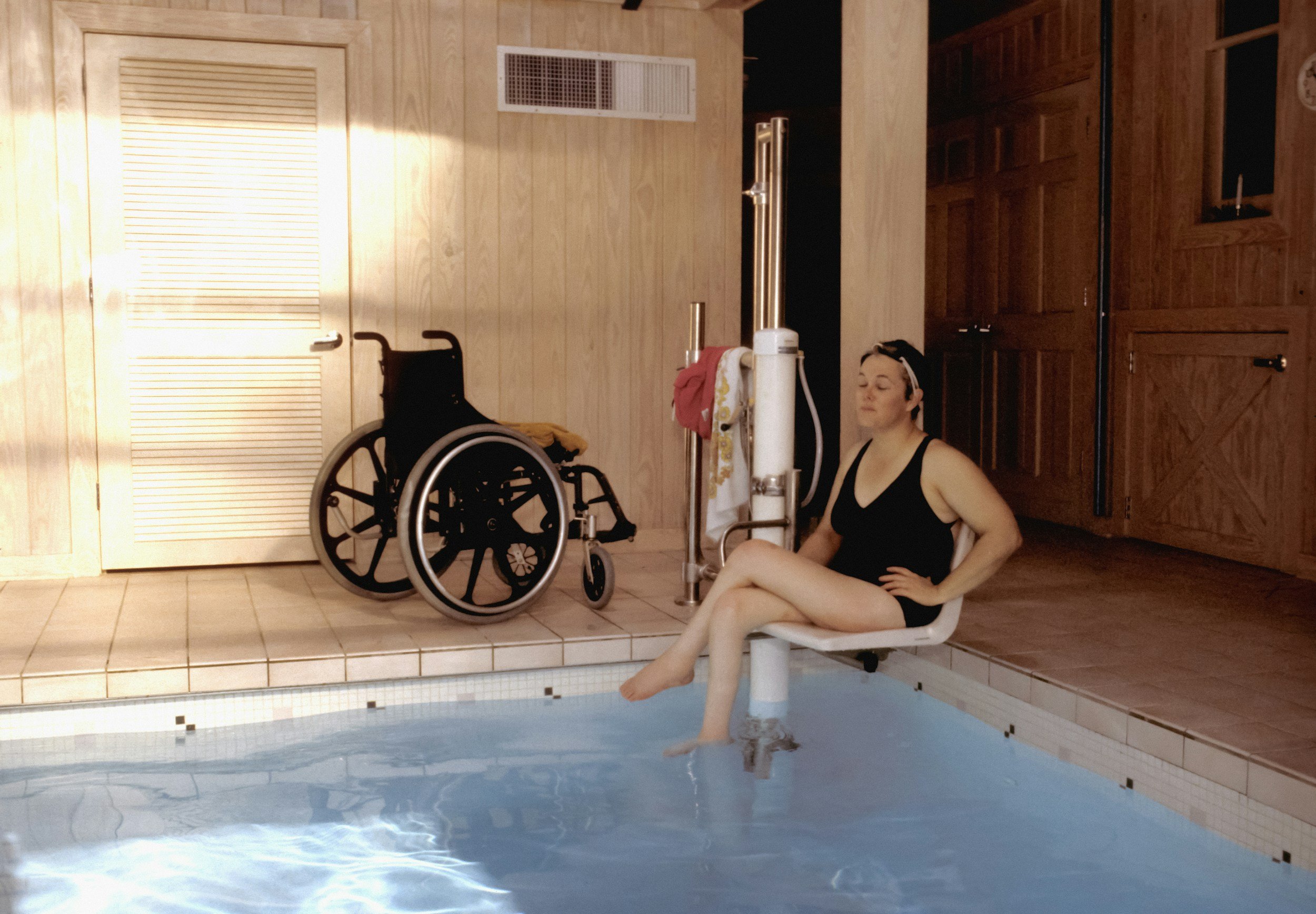



fara Australia Patient & Family Information Forum, part 5 of 5
Louise Corben, Nellie Georgiou-Karistianis and Brad Hyde

Darwin wasn’t the first to say it, and he didn’t mean what you think he meant.
How can we get most value from one another to continue to prosper as a species, into the future?

fara Australia Patient & Family Information Forum, part 4 of 5
Amy Hulme from the University of Wollongong
Rucha Sarwade from the SKB Lab at Monash University in Melbourne

fara Australia Patient & Family Information Forum, part 3 of 5
Liz Soragni from FARA North America
Martin Delatycki from MCRI in Melbourne

fara Australia Patient & Family Information Forum, part 2 of 5
John O'Sullivan from the QLD FA Clinic
Monique Bueno Alves & Lucas Tocchini from Biogen

fara Australia Patient & Family Information Forum 2024, part 1 of 5
Ian Harding from QIMR Berghofer
Mirella Dottori from the University of Wollongong in NSW











Trial participation has huge value, to participants and potentially to everyone!
Participation in drug trials
